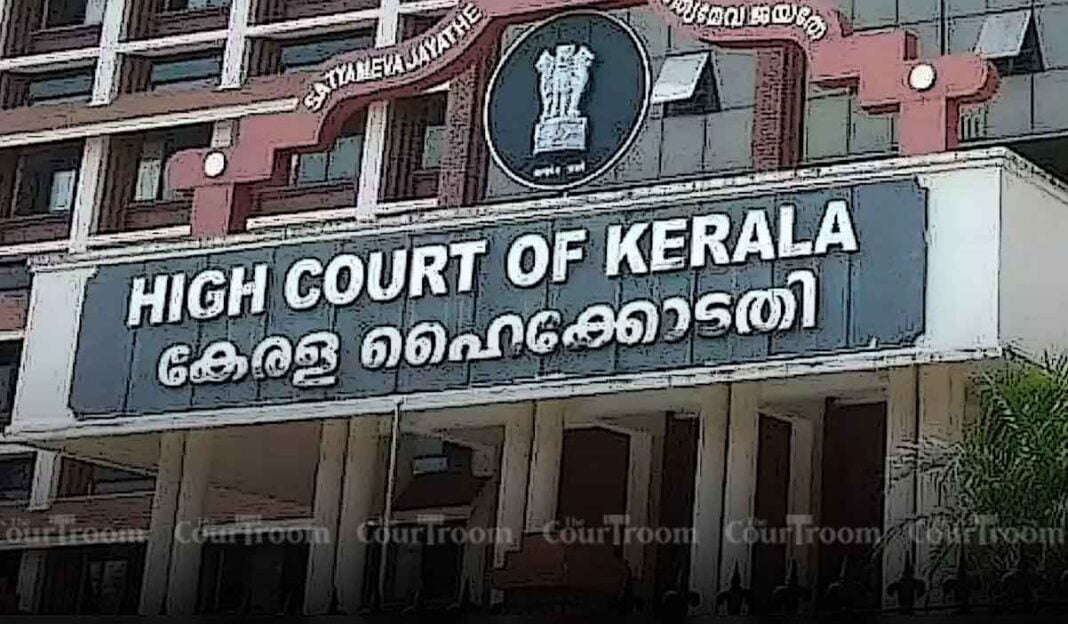Court Calls for Sustainable Tourism to Protect Ecologically Sensitive Hill Stations
The Kerala High Court has called for regulating the flow of tourists to hill stations in the state, citing the need for a “carrying capacity assessment” to help preserve these ecologically sensitive areas. This observation was made by a Division Bench consisting of Justice AK Jayasankaran Nambiar and Justice Syam Kumar VM while hearing a suo motu case addressing the recent landslides in Wayanad and other natural disasters affecting hill stations.
The Court highlighted the growing threat posed by unregulated tourism and unscientific infrastructure development in Kerala’s hill stations, which are known for their scenic beauty but are increasingly vulnerable to environmental degradation. The Bench emphasized the importance of balancing tourism with ecological preservation, recommending that policymakers and district administrations use carrying capacity assessments to guide management strategies.
Quoting the United Nations World Tourism Organisation (UNWTO), the Court defined tourism carrying capacity as “the maximum number of people that may visit a tourist destination at the same time, without destroying the physical, economic, socio-cultural environment and causing an unacceptable decrease in the quality of visitors’ satisfaction.” The Court stressed that carrying capacity should be evaluated across multiple areas, including physical, economic, socio-cultural, biophysical, and ecological factors, to limit tourism to sustainable levels.
The Court further noted the challenges faced by both tourists and local residents, including overcrowded roads, lack of basic amenities like food, water, and toilets, and inadequate parking facilities, all of which diminish the overall experience. Additionally, the unchecked growth of infrastructure, including buildings and entertainment facilities, has contributed to environmental degradation and increased the risk of landslides.
To address these concerns, the Court directed the estimation of carrying capacity and the implementation of a cap on the number of vehicles and visitors entering hill stations. The necessary data for this assessment should be collected by the district administrations, focusing on:
– Tourist footfall during peak and non-peak seasons.
– Number of vehicles entering during these periods.
– Legally permitted accommodation facilities and corresponding parking spaces.
– Water availability after accounting for local needs.
– Waste management infrastructure.
– Capacity of effluent treatment facilities.
– Protected areas and wildlife reserves that require separate carrying capacity studies.
The Court instructed the Kerala government to issue orders to district administrations to gather the required data and submit a consolidated report by October 25, 2024.
Advocate General Gopalakrishna Kurup represented the Kerala government during the proceedings.
(With inputs from agency)
Share your news, articles, deals, columns, or press releases with us! Click the link to submit and join our platform today.


